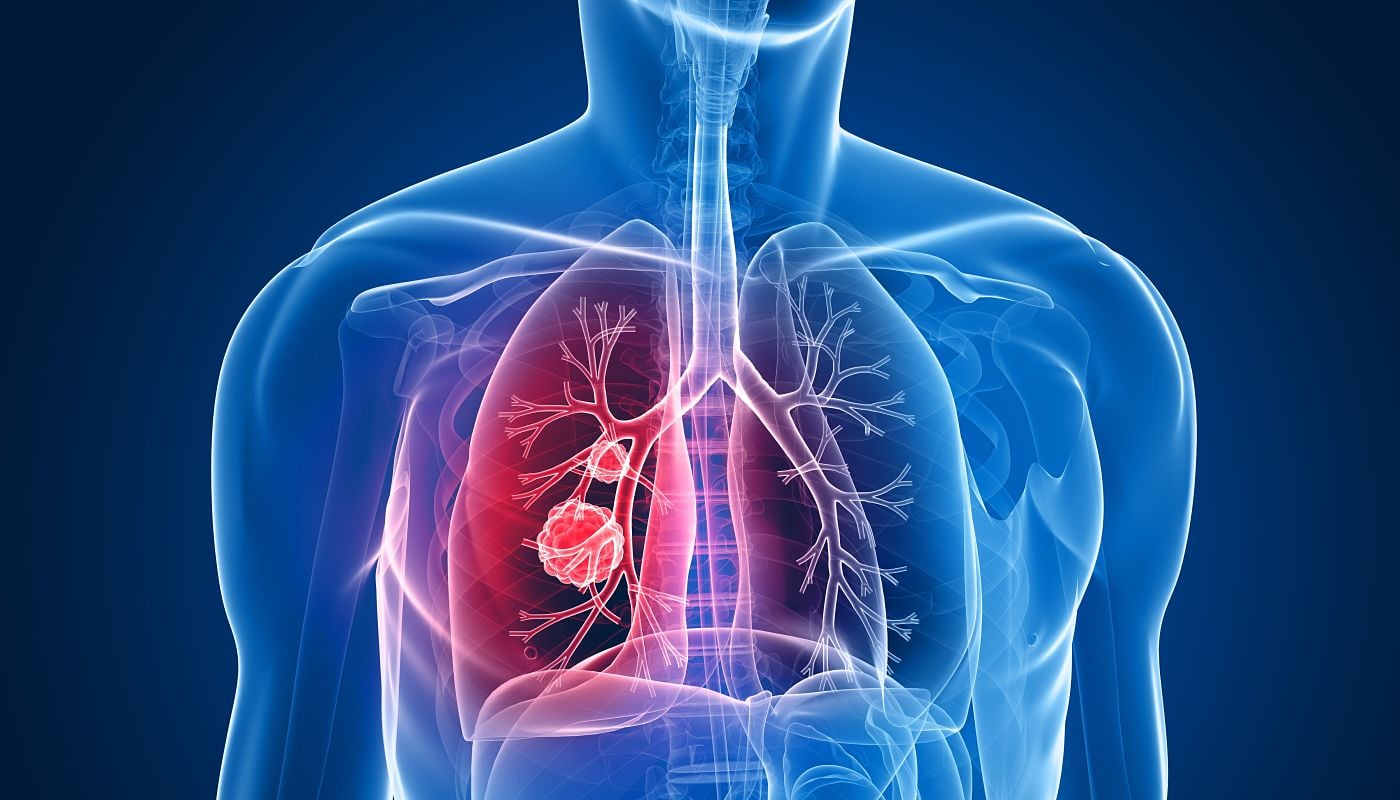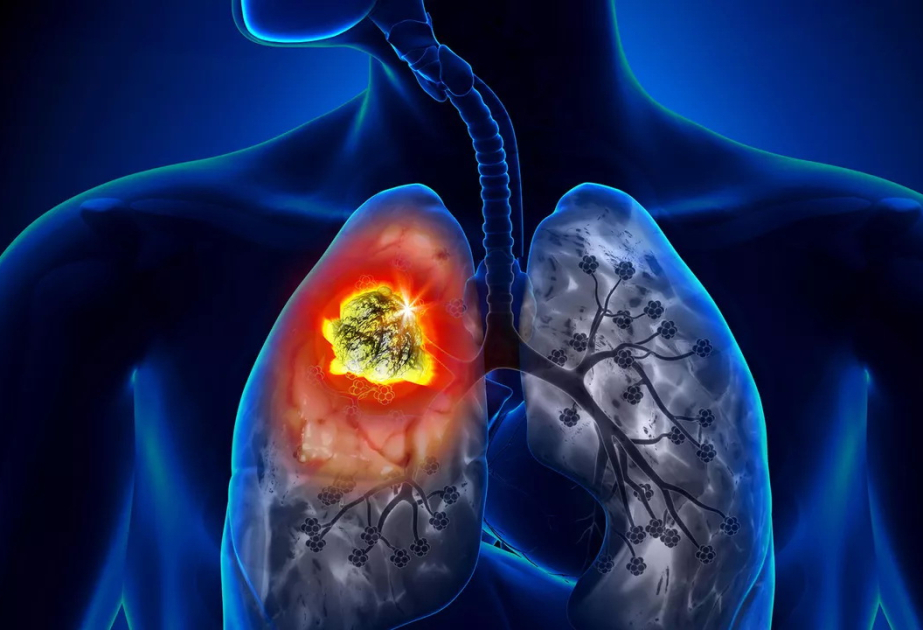A Historic Breakthrough: The First-Ever Lung Cancer Vaccine Enters Global Clinical Trials
A New Dawn in Cancer Treatment Begins with a Shot of Hope
In the quiet halls of cancer treatment centers, where courage is tested daily and uncertainty lingers in every diagnosis, a groundbreaking development is offering a powerful new emotion: hope.
For the first time, a vaccine targeting lung cancer — the deadliest form of cancer globally — has entered clinical trials in seven countries. This moment marks a historic milestone not only in oncology but in the broader story of humanity’s battle against one of its most relentless killers.

Lung Cancer: A Silent Monster
Lung cancer has long held a fearsome reputation. Often asymptomatic in its early stages, it silently advances, usually being discovered only after it has progressed. Every year, more than 1.8 million people worldwide succumb to it, making it the leading cause of cancer-related deaths. Smokers, former smokers, and even those with no tobacco exposure at all have fallen prey to its insidious spread.
Treatment typically involves a grueling mix of surgery, chemotherapy, radiation, and more recently, targeted immunotherapies. These approaches, while lifesaving for some, are invasive, expensive, and emotionally draining. For many patients, the cancer returns — sometimes more aggressively — after remission.
That’s why this new development is more than medical news — it’s a story of redemption, science, and the quiet, unwavering pursuit of a miracle.
The Vaccine That Could Change Everything
The vaccine, known as CIMAvax-EGF, isn’t entirely new. Originally developed in Cuba, this therapeutic vaccine has been in the scientific shadows for years, producing promising results with limited global recognition due to political and logistical barriers. But now, thanks to growing international collaborations, it has moved beyond borders and into full-scale clinical trials in seven countries — including the U.S., Japan, and several nations in Europe.
Unlike preventive vaccines that stop diseases before they start (like the flu shot), CIMAvax-EGF is therapeutic. It is designed to target a specific protein called Epidermal Growth Factor (EGF), which plays a central role in cancer cell growth. By encouraging the body to create antibodies that block EGF, the vaccine may slow — or even stop — the progression of certain lung cancers.
Early trials in Cuba showed patients living longer and experiencing fewer relapses. Some even referred to it as “the vaccine that turns cancer into a manageable disease.”

Seven Countries, One Global Goal
These international trials aim to validate those early findings on a much larger and more diverse scale. Researchers are now observing how patients from different genetic backgrounds, environments, and healthcare systems respond to the vaccine. The global scope of the trials speaks to the urgency and universality of the fight against lung cancer — a disease that knows no borders.
The trials are being conducted under rigorous international standards, with constant monitoring for efficacy and safety. Initial results have sparked cautious optimism, especially because the vaccine has shown very few side effects, a major concern with traditional treatments.
Why This Vaccine Is Different
Perhaps the most astonishing aspect of this vaccine is its simplicity and affordability. In its original form in Cuba, it cost just a fraction of typical cancer therapies, making it an attractive option for developing countries where access to high-end oncology treatments is limited.
It also has the potential to dramatically shift how we view cancer care. Instead of merely reacting to cancer’s progression, we may finally be able to contain it — or one day, even prevent it altogether.
For families devastated by repeated rounds of chemotherapy…
For patients who’ve said goodbye to loved ones too soon…
For every oncologist who’s had to deliver the words “it’s back”…
This vaccine offers a future previously thought impossible.
The Human Side of a Scientific Breakthrough
Beyond the numbers and lab reports, this is a story of human resilience.
It’s the story of Maria, a 59-year-old nurse who participated in the early trials and watched her tumors stabilize for the first time in years.
It’s the story of Dr. Kalil, who left a prestigious position to lead clinical trials in underserved regions because he believes this vaccine will save millions.
It’s the story of every patient sitting in a clinic right now, wondering if tomorrow will be better.
And now, thanks to this historic breakthrough, maybe it will be.
What’s Next?
The current phase of clinical trials will run for several more months, with preliminary data expected to be released later this year. If the results continue to mirror what was seen in Cuba, the vaccine may receive fast-track approval from major health authorities, including the FDA and EMA.
If successful, this could lead to a paradigm shift in how we treat — and think about — cancer.
A diagnosis that once meant fear and finality might soon mean a plan, a path, and the possibility of life beyond the disease.
Source: New York Post